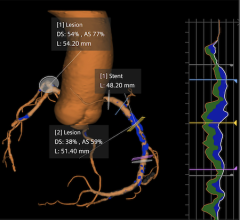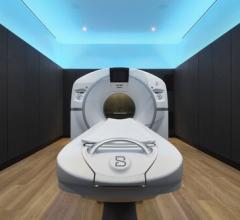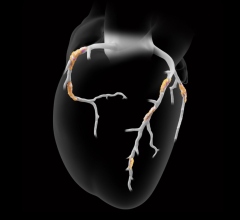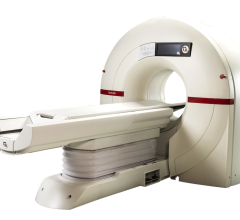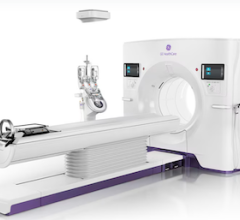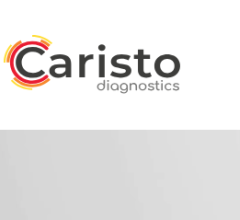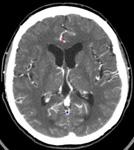
June 28, 2010 – There is a growing consensus that radiologists must ensure that patients undergoing computed tomography (CT) receive the minimum radiation dose possible to produce a medical benefit, according to an article in the June 23 issue of the New England Journal of Medicine.
Rebecca Smith-Bindman, M.D., and colleagues at the University of California at San Francisco calculated the actual radiation doses delivered by commonly performed CT studies and quantified the associated cancer risks using the National Research Council’s (NRC) models. They found that the risk of cancer from a single CT scan could be as high as 1 in 80.
Radiation doses from CT scans are 100 to 500 times those from conventional radiography, depending on what part of the body is imaged. CT-machine manufacturers compete, in part, on the basis of image quality, which is directly associated with radiation dose. Technical advances such as increased imaging speed have led to new CT scanning techniques that have also boosted doses. Although such imaging techniques may have a role in diagnosis, there are few evidence-based guidelines regarding their appropriate use, and institutional use varies widely, reflecting physicians’ preferences and manufacturers’ promotion of these capabilities, rather than scientific evidence of improved clinical outcomes.
Although it has not been shown directly that CT increases cancer risk, radiation is a known carcinogen, and extensive epidemiologic and biologic evidence links ionizing-radiation exposure with cancer. The NRC has concluded that patients exposed to radiation in the range provided by a single CT scan have an increased cancer risk, although uncertainty remains about the magnitude of the risk.
Yet no professional or governmental organization is responsible for collecting, monitoring, or reporting patients’ CT-dose information. The U.S. Food and Drug Administration approves CT scanners, but because it has no authority to oversee the way CT tests are used in clinical practice, it collects only limited data on routine doses. Radiologists and other medical specialists determine how CT tests are performed. Studies have consistently shown that physicians know little about radiation doses or cancer risks from medical imaging. Furthermore, although the general principle is that doses should be “as low as reasonably achievable” (ALARA), there are no guidelines to indicate what doses are reasonable or achievable for most types of CT. Finally, CT technologists receive no consistent education about what doses are excessive and, in many U.S. states, are not certified.
For more information: www.nejm.org

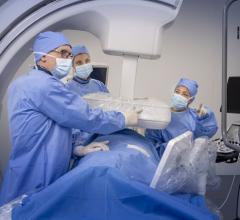
 February 02, 2026
February 02, 2026 

